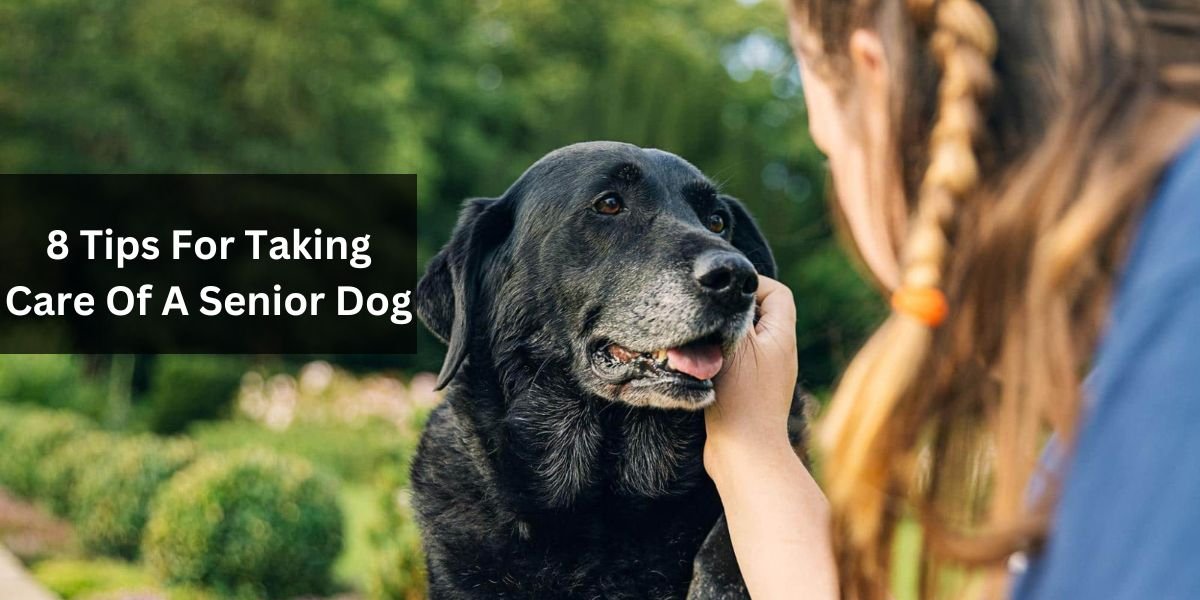As our beloved canine companions age, their needs change, requiring extra care and attention to ensure they lead a comfortable and happy life. Senior dogs often experience various health issues and behavioral changes that necessitate a tailored approach to their care. To help you provide the best for your aging furry friend, here are eight valuable tips:
Regular Veterinary Check-ups Are Crucial
Regular visits to the vet become even more vital as dogs age. Scheduled check-ups can help detect and address health issues early on, ensuring prompt treatment and improving your senior dog’s quality of life.
Adjust Their Diet and Nutrition
As dogs age, their dietary requirements shift. Opt for high-quality, age-appropriate food that caters to their changing needs. Supplements like glucosamine and fish oil can aid in joint health and reduce inflammation, easing any discomfort caused by arthritis or other age-related conditions.
Provide Adequate Exercise
While senior dogs might not have the same energy levels as before, regular, gentle exercise remains crucial. Shorter walks, light play sessions, and low-impact activities help maintain muscle tone, manage weight, and stimulate their minds.
Comfortable Living Environment
Create a comfortable and safe environment for your senior dog. Provide a cozy bed in a warm, quiet area, making it easily accessible without the need to climb stairs or navigate obstacles.
Dental Care Matters
Dental health is essential for overall well-being. Regularly brushing your senior dog’s teeth and providing dental treats can prevent dental issues, promoting good oral hygiene and preventing pain.
Monitor and Manage Their Weight
Weight management is key in senior dogs to prevent obesity and its associated health risks. Consult your vet for guidance on an appropriate diet and exercise regimen to help maintain an ideal weight for your furry companion.
Be Mindful of Behavioral Changes
Keep an eye on any behavioral changes in your senior dog. Increased anxiety, confusion, or changes in appetite and sleep patterns could signal underlying health issues. Address these concerns promptly with your veterinarian.
Provide Love and Attention
Above all, give your senior dog plenty of love and attention. Spend quality time together, offering reassurance and companionship, which can greatly improve their emotional well-being.
Conclusion
Caring for a senior dog demands attention to their evolving needs. By adjusting their care routine, providing tailored nutrition, regular vet visits, and plenty of love, you can ensure a fulfilling and comfortable life for your aging furry friend.



